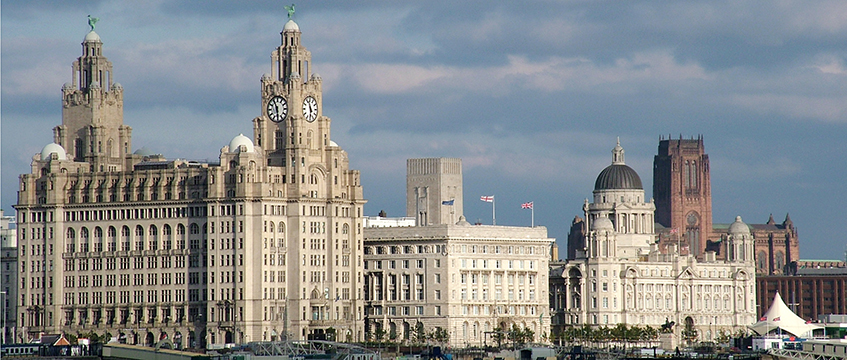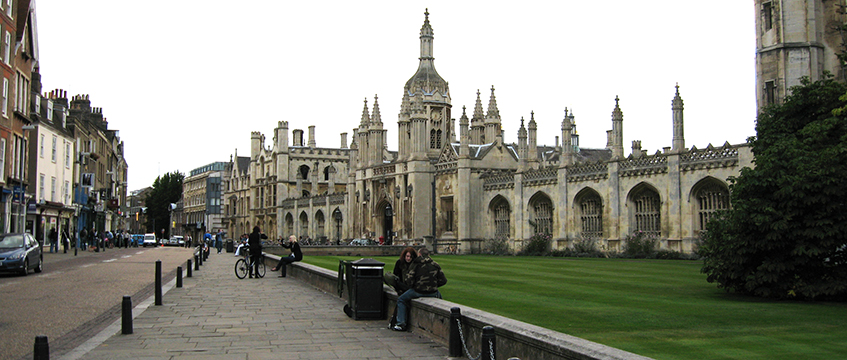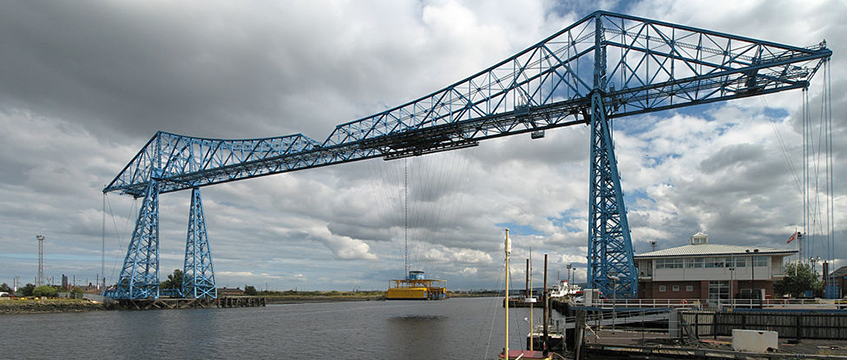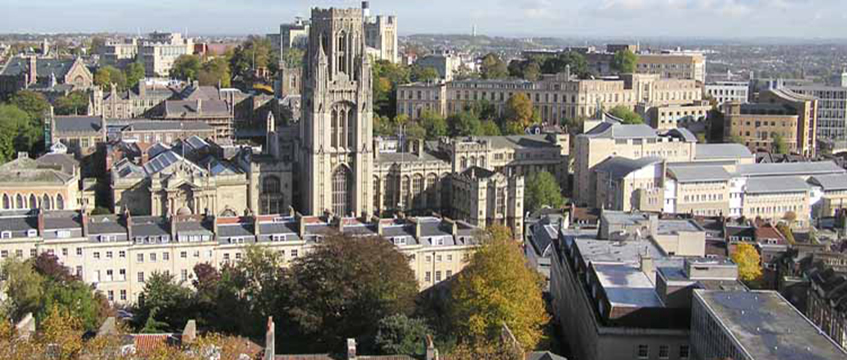Manchester and the West Midlands aren’t the only areas with metro mayor elections. David Callaghan assesses the candidates in the West of England, Liverpool, Cambridgeshire and Peterborough, and Tees Valley
West of England
The betting could not be closer for the West of England metro mayor election. The Liberal Democrat and Conservative candidates are joint favourites to win, according to the bookmakers.
It is a tricky race to call, with a low turnout of fairly unenthusiastic voters expected, especially as they may not be inspired to turn out in significant numbers on 4 May when the General Election looms just a month later.
In Bristol, they already have a mayor and many are wondering why they need another one, particularly when they have to share this latest mayoral creation with two other council areas, including Bath.
The plan to create a metro mayor and combined authority covering four local councils had to be abandoned when North Somerset rejected the idea. So, along with Bristol, Bath and North East Somerset, South Gloucestershire completes the partnership.
Bristol is dominated by Labour since its candidate Marvin Rees became city mayor last year, and the council is run by the party. But the two neighbouring councils have either Tory majority (B&NES) or minority control (South Gloucestershire).
So there is a complicated political picture for the new metro mayor to grapple with once the successful candidate takes office on 5 May.
With a budget of £30m each year at their disposal, the metro mayor will be expected to develop regional strategies for housing, planning, transport and skills.
Outside bet and independent candidate John Savage has strong business credentials as executive chairman of Bristol Chamber of Commerce and he is also chairman of University Hospitals Bristol NHS Trust.
He was made a CBE in recognition of his work with the partnership company that led the Cabot Circus shopping centre development in Bristol.
As a member of the former South West Regional Development Agency for 10 years, Savage is well versed in the issues affecting the combined authority area. As both a regional player and a non-political candidate, he should be able to cope with any difficulties created by the absence of North Somerset.
The joint spatial plan for the area includes North Somerset, so the metro mayor has a challenge to ensure it links in well with the combined authority’s development proposals.
Savage’s headline policy is to introduce a tram system to the region to overcome its severe congestion problems.
Of the two favourites to win the election, Tory Tim Bowles can probably boast the stronger business background as a manager with a global events and exhibition firm. He is responsible for attracting new deals to the company.
Bowles, who is a South Gloucestershire councillor, is running an assertive political campaign, promising to counteract the dominance of Labour in Bristol.
The other favourite, Lib Dem Stephen Williams, is a former MP and housing minister who has been endorsed by former business secretary Sir Vince Cable.
The Welshman emphasises the importance of staying in the European single market after Brexit and, as the Lib Dem flag-bearer, he is keen to play up this policy.
Williams wants four new railway stations in the region to help people access employment areas.
Williams has the strongest political record out of the leading candidates, but Savage and Bowles can point to their records in the business world.
Labour’s Lesley Mansell, an NHS manager, will attract a large number of votes in the party’s stronghold of Bristol but will struggle in the largely Tory areas outside the city. This reality is reflected in her odds of 6-1 to win the election.
She is a strong supporter of Labour leader Jeremy Corbyn, which surely further reduces her chances of attracting votes in the region’s Conservative areas.

Liverpool
There are eight candidates fighting it out to be the first metro mayor of the Liverpool city region.
Labour’s Steve Rotheram is the clear favourite in an area where his party is dominant, and he has some eye-catching policies. But some of the other candidates are also pushing their manifestos forward effectively.
Liverpool is obviously the biggest player of the six local authorities that will make up the regional combined authority, and with so much going on in the city it is easy to forget what is happening in the others. Halton, Knowsley, St Helens, Sefton and Wirral will have an important part to play.
The Liverpool Waters development, for example, shows how the city is developing quickly, following other major schemes such as the Liverpool ONE shopping centre. Liverpool Waters will regenerate an area of the docklands and provide a new home for Everton Football Club as part of a £5.5bn project.
Rotheram, who is the MP for Walton, wants to work with the Manchester metro mayor to create a “North West powerhouse” that will ensure Liverpool is a key part of the wider Northern Powerhouse initiative.
As a former bricklayer who set up a building company at 22 and later became a business manager for the Learning and Skills Council, Rotheram has an entrepreneurial background.
As Labour leader Jeremy Corbyn’s political aide, his left-wing credentials are also strong.
Rotheram wants to see Liverpool considered for the relocation of government departments or large public bodies. He is backing city mayor Joe Anderson in calling for Channel 4 to move to Merseyside. But he stresses the need to protect the city’s green spaces.
Developing more Merseyrail stations is vital to the success of the region’s economy, according to Rotheram, who is also committed to reducing the Mersey tunnel tolls.
Conservative candidate Tony Caldeira is a businessman who founded a textile company based in Knowsley that claims to be a market leader in the supply of cushions.
He agrees that at least two new railway stations are needed. He also wants to see 25,000 houses built by 2020 and believes the region needs to promote itself internationally, with Liverpool as the “attack brand”.
Local Lib Dem councillor Carl Cashman, who is only 25, wants to set up a “development co-operative” to maximise the number of brownfield sites used for new homes.
Cashman, who is a councillor in Knowsley, says he is the only candidate, apart from UKIP’s Paula Walters, who lives outside Liverpool. He also makes play of the fact that the Lib Dems are the only opposition party to be represented on each council in the region.

Cambridgeshire and Peterborough
Cambridge v Peterborough could be a football fixture, but it also sums up how some see the power politics in the region.
The Cambridgeshire and Peterborough metro mayor will lead a combined authority of six councils, with Peterborough in there as a unitary authority.
There are fears that Cambridge will become the centre of attention for the new mayor at the expense of Peterborough and the other areas in the region. Equally, some people are concerned that Peterborough will join with Cambridge to form a powerful axis that wins the lion’s share of the investment.
Conservative candidate James Palmer is the front-runner in the election. As a dairy farmer and leader of East Cambridgeshire District Council, he cannot be labelled as a city man or “axis insider”. This might help to diffuse any conflict between the two cities if he wins the election.
He claims that business growth in East Cambridgeshire was 12% last year and that he has made big strides in making the council more “business-friendly”.
Palmer wants to build an underground transport system in Cambridge and a light railway to the surrounding villages.
Liberal Democrat candidate Rod Cantrill, who is a Cambridge councillor and managing director of a financial consultancy, is planning a congestion charge in the city if he wins. He blasts the city deal in the south of Cambridgeshire as a “disaster”, and attacks Tory and Labour governments for failed attempts at devolution.
They are the two leading candidates in what is probably a two-horse race to be metro mayor, with Palmer odds-on to win.

Tees Valley
As with the Liverpool city region, Tees Valley has a frontrunner in its metro mayor election.
Labour’s Sue Jeffrey is the favourite to win, ahead of four other candidates, and to head the combined authority that was established last year. She is already a member of the authority’s board and is the only woman considered likely to win one of the metro mayor elections across the country.
Jeffrey is the leader of Redcar and Cleveland Council, which is one of five unitary authorities that make up the Tees Valley region. The other councils signed up are Darlington, Hartlepool, Middlesbrough and Stockton-on-Tees.
She has proved that she can lead a minority administration and balance that with the need to work with the Conservative government. Jeffrey also held senior positions in both the North East and Yorkshire & Humberside regional assemblies before they were disbanded.
Her manifesto includes a pledge to build 20,000 new homes in Tees Valley and to rejuvenate the region’s high streets as a priority.
Conservative Ben Houchen has grabbed the headlines with his plans to take struggling Durham Tees Valley Airport into public control in response to falling passenger numbers – a move which Jeffrey has opposed.
Houchen, who is a councillor in Stockton, would use the metro mayor’s £15m per year devolution kitty to buy the airport. He blames the Labour-controlled local authorities for the airport’s dramatic decline.
There is, however, much agreement between the local councils in the region at present.
There is even agreement to call the region “Tees Valley” instead of “Teesside”, which was the label used in the past.
But the most encouraging aspect for many people is that decisions will be made locally and not in Newcastle or in London. Future plans for the airport and the former SSI Redcar steelworks site, which is another major issue, will only be effective if there is local co-operation and a consensus. So the metro mayor will have to ensure the region’s decision-makers work well together and prove they can tackle difficult problems.
Will the General Election derail Manchester’s metro ambitions? >>
Article originally published on 20th April 2017
To send feedback e-mail lisa.pilkington@egi.co.uk or Tweet @eglisap or @estatesgazette











